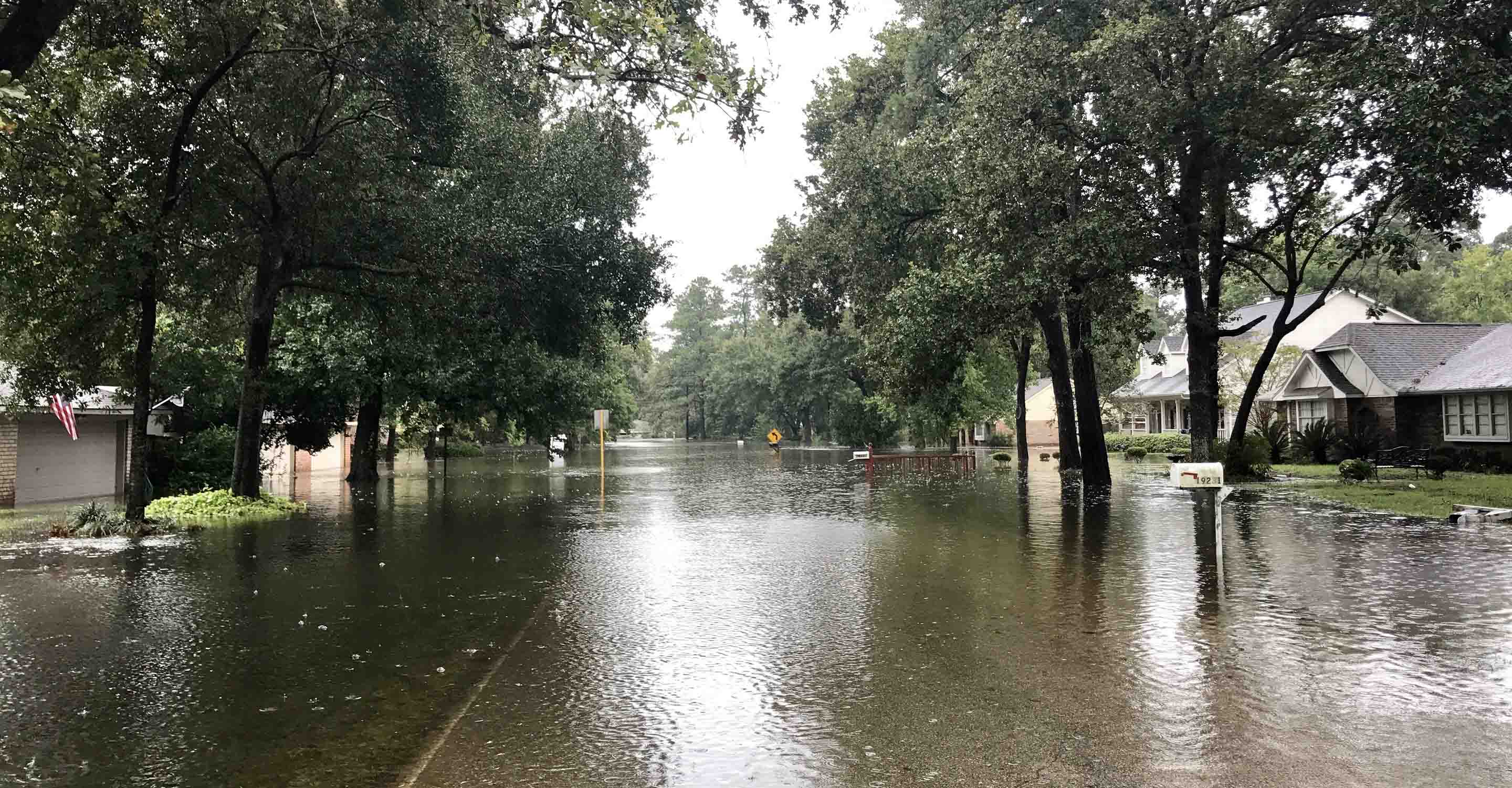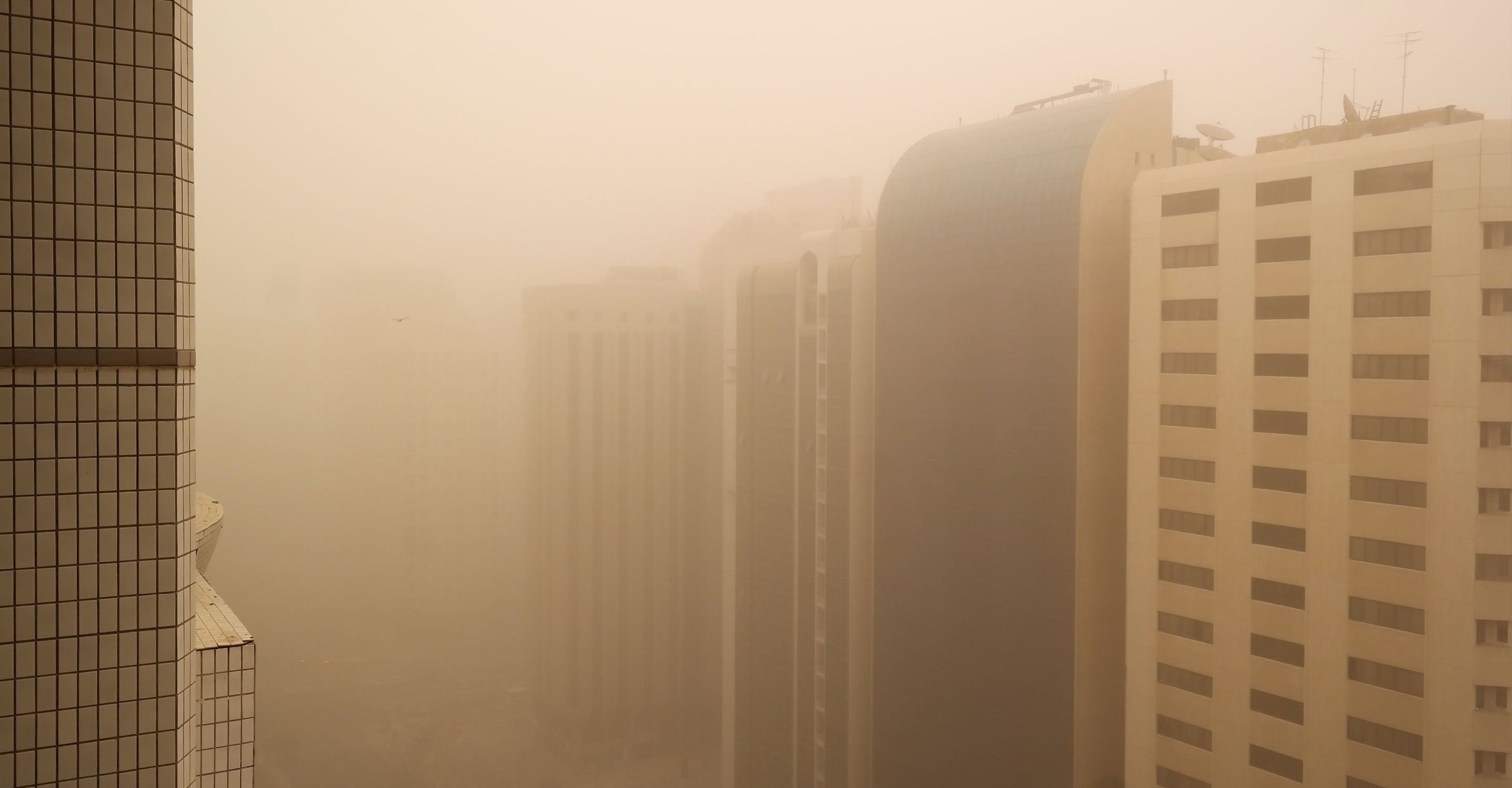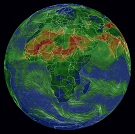Ayutthaya air quality map
Live air pollution map of Ayutthaya
52.1K people follow this city
Full screen
Contributors
4
Stations
4
Contributors category
1
Government
1
Non-profit organization
0
Educational
1
Corporate
1
Individual
0
Anonymous
Most polluted air quality stations
| # | station | US AQI |
|---|---|---|
| 1 | BGC-Ayutthaya Glass (AGI) | 170 |
| 2 | Garden Monitor | 142 |
| 3 | Toyota Greentown | 133 |
| 4 | Ayutthaya Witthayalai School | 112 |
Health Recommendations
| Reduce outdoor exercise | |
| Close your windows to avoid dirty outdoor air GET A MONITOR | |
| Sensitive groups should wear a mask outdoors GET A MASK | |
| Run an air purifier GET AN AIR PURIFIER |
community highlight
Ayutthaya most followed contributors
Become a contributor
Get an AirVisual Outdoor and contribute to collecting millions of data points for the Ayutthaya map to track local air pollution
Understand air pollution and protect yourself
Ayutthaya MAP AIR QUALITY ANALYSIS AND STATISTICS
What are the air quality map readings for Ayutthaya?
Ayutthaya has several monitoring stations that collect data regarding the level of air cleanliness, as well as the number of pollutants contaminating the air, something that can become more prominent during certain times of the year. Whilst it is not particularly far from the capital city of Thailand, Bangkok, it has enough distance to help reduce the spread of airborne pollutants drifting over from the more heavily populated Bangkok, which like many capital cities around the world, has its significant pollution-related issues, many of which stem from the mass movement of people as well as industrial activities, all of which generate different forms of pollution and can leave air quality map readings elevated during certain times of the day.
The beginning of this article can be used mainly as a reference point, and the readings quoted will be subject to many changes over the year, as well as even within a single day. This emphasizes the fact that to get the best out of viewing an air quality map, or air pollution map as they can also be called, updates should be checked regularly to see whether the pollution levels have spiked rapidly, something which is not uncommon in many cities throughout Thailand and indeed the rest of Asia (due to rapid development still taking place along with certain practices such as open burning that can lead to dangerous elevations in the amount of smoke, haze and ultrafine particles permeating the atmosphere over Ayutthaya and other cities). To quote some US AQI readings, which is the main form in which the pollution levels will be delivered on the air quality map page (whilst the city page from Ayutthaya can show you concentrations of other main air pollutants that can be detected from monitoring stations), in late May of 2022, a US AQI figure of 37 was detected in the northern portion of Ayutthaya, nearer to Khlong Sam Bua. This reading, as with all that are under 50, will show up as green on the air quality map above, indicating that the air quality at this current time fell into the 'good' rating bracket. Other readings include 41 in the southern region of the city, and two readings of 50 right in the center of Ayutthaya, placing them just within the 'good' air quality bracket.
What causes the pollution levels to rise on the air quality map in Ayutthaya?
There are many different causes of air pollution in Ayutthaya, similar to other cities in Thailand albeit with less pollution coming from businesses, with more potentially coming from vehicles due to the large number of tourists visiting the city. Cars, motorbikes and heavy-duty freight vehicles can all give off huge amounts of noxious pollutants, with chemical compounds and hazardous particles being part of the release, particularly if the vehicles are old, or of lower quality and in bad condition. Even residual wear and tear of tire treads from vehicles in Ayutthaya can lend itself to increased particle pollution, which can ramp up US AQI readings on the pollution map. There are many other sources present, with a majority of them coming from one form of combustion or another, along with finely ground materials coming from dusty roads and other areas that can leak such materials, causing prominent elevations to be seen in the air quality map for Ayutthaya.
Can the air pollution map in Ayutthaya prevent serious illness?
Users can view air pollution readings on the air quality map above for their benefit, avoiding areas that show elevated readings of US AQI levels. This can have a noticeable effect on the health of users, particularly if they suffer from pre-existing conditions. By referring to the air pollution maps present on the IQAir website or by using the AirVisual app, users may avoid aggravating pre-existing pulmonary or cardiac health issues, along with other ailments, many of which have been correlated significantly with exposure to pollution.
What do the readings from the air quality maps in Ayutthaya indicate about the types of pollution?
US AQI readings taken in Ayutthaya that are shown above on the air quality map serve as more general overviews of the rating into which they fall, being easy to follow with names such as good, moderate, unhealthy for sensitive groups, unhealthy, very unhealthy and finally hazardous, the highest pollution rating possible that is accompanied by a maroon color warning (with each subsequent air quality rating being darker in color, starting at green for the best air quality level. This can be of aid, especially when referring to the city page for Ayutthaya, as the forecasts for the air pollution levels also use the color schemes to indicate how polluted, or clean, the air will be). As all of the readings that were taken at the time of this article, and as mentioned can be subject to rapid change, just about fell into the 'good' air quality rating bracket, none of the other color codes were in use to indicate elevated pollution levels.
When these rating brackets do start to rise, there will be a higher level of the main pollutants present in the air, with these ‘main’ ones being used to calculate the US AQI figure. As such, whilst the city pages can offer more insight into the concentration of certain pollutants within Ayutthaya, users can glean some more insight into what pollutants are going into their lungs by knowing what the US AQI figure is aggregated from. The main pollutants that form the US AQI figure are prominent ones such as carbon monoxide, released heavily from combustion sources, particularly from lower quality ones such as the improper burning of wood or other organic materials (improper as in the combustion process is not done thoroughly and at a high enough temperature, without correct ventilation and cleaning protocols in place that one might expect to find in an industrial boiler). Other pollutants in the US AQI figure include nitrogen dioxide and sulfur dioxide, both of which are also released from combustion sources, in particular cars for nitrogen dioxide.
Ozone also fits into the calculation, with the various concentration levels of these pollutants all showing themselves as elevated readings present on the air quality map above. PM10 and PM2.5 are also prominent factors that can have an impact on the readings shown on the air quality map, with larger or more coarse particles falling into the PM10 bracket, such as ones that may be released from poorly paved or dusty roads, uncovered sand piles at construction sites and the like, as well as the far more dangerous PM2.5 also figuring largely, mainly due to it being one of the most dangerous forms of pollution present in the air in both Ayutthaya and other cities around the world. With this knowledge in mind, a higher US AQI reading will often indicate higher levels of these pollutants being present in the air, and as such users can know what air contaminants they are potentially being exposed to, along with being able to research the health risks that come along with them.
Ayutthaya air quality data attribution
4Contributors
 Thailand Pollution Control Department
Thailand Pollution Control Department1 station
Government Contributor
 Sarutpat Sutthitham
Sarutpat Sutthitham1 station
Non-profit organization Contributor
- Toyota Greentown Ayutthaya
1 station
Corporate Contributor
 Na Bann Nok
Na Bann Nok1 station
Individual Contributor
2 Data sources








